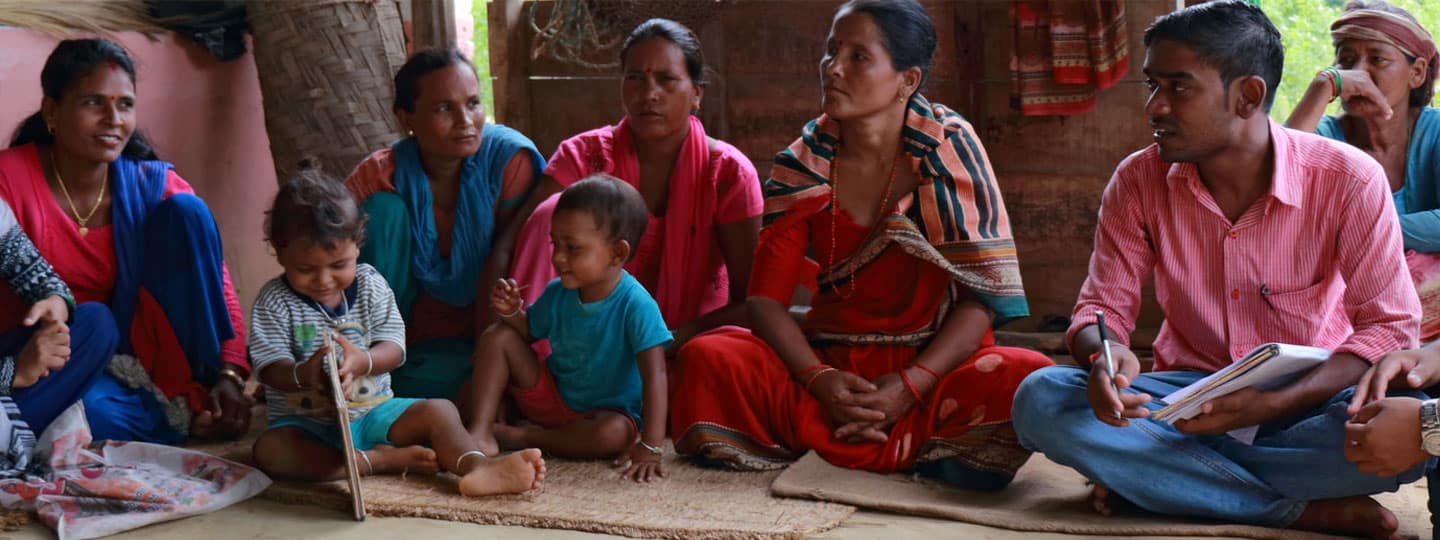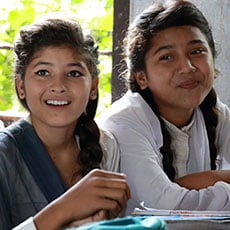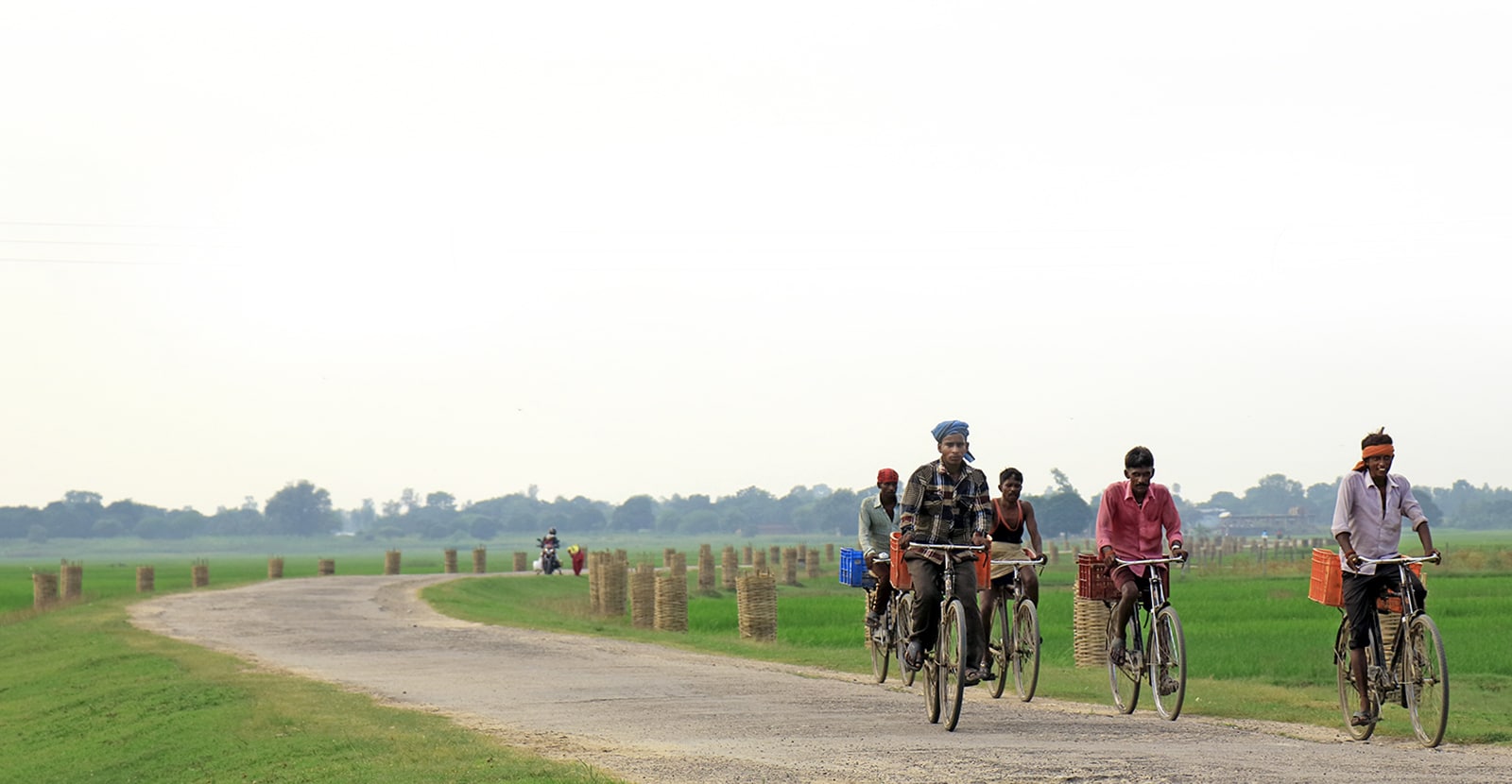Resilience for Peace (R4P) -How it works
Whole of community approach r4p program components
Direct Community Engagement
Participatory Media & Technology


Formative Research
Formative Research
A critical first step before we launch our programs. We look at the attitudes, behaviors, and social norms of local communities through a variety of data collection methods. For EAI, this first step helps us build rapport and co-create solutions with our partner communities.
Stakeholder Engagement
Stakeholder Engagement
We gather essential representatives and individuals who will influence and be affected by our program design. We create a system to feed stakeholder inputs into the program design and engagement over the course of the program.
Capacity Building
Capacity Building
The process to equip individuals and communities with the understanding, skills, and access to information, knowledge, and training that enables them to be more active and informed citizens and take on leadership roles in their communities. This includes personal and professional development.
Co-Created Communication Programs
Co-Created Communication Programs
EAI partners with communities through Content Advisory Groups, Listening, Discussion, and Action Groups, and other methods to write and produce media that uniquely reflects the experience of the community. These groups enhance our ability to increase targeted attitude and behavior change, help decrease backlash on sensitive issues, and mobilize local action.
Interactive Feedback
Interactive Feedback
EAI designs programs with multiple inflection points for community feedback such as interactive voice response; polls and surveys conducted by community researchers; media packages produced by community reporters and other customized feedback loops. We believe communities have the solutions to their problems.
Social Action
Social Action
By co-creating solutions with communities our programs increase social capital, empowerment, and leadership leading to the emergence of new actors courageously championing important social issues and actions.
Learning & Adapting
Learning & Adapting
Adaptability is central to our program approach. We use survey data, evaluation tools, reflection meetings, in-depth interviews, community, and facilitator feedback, and randomized controlled trial data to continuously evaluate and improve our programs. By creating real-time learning and feedback loops, we can design iteratively and adapt as necessary to achieve our goals.
RESEARCH & LEARNING
- Generate knowledge on dynamics of violent extremism
- Promote a network of local CVE researchers
- Create opportunities for learning exchanges
GOVERNANCE
- Foster trust between population and government authorities
- Improve perceptions of government services
- Strengthen early warning and early actionmechanisms
- Facilitate inclusion of the Fulani community
- Prevent gender-based violence
MEDIA
- Prevent the spread of fake news and hate speech
- Increase radio shows in local languages to prevent violent extremism
- Sponsor a network of social media influencers
OBJECTIVE
- Strengthen community resilience against violent extremism
R4P COMMUNITY ACTIONS
- Increase literacy skills
- Support village loans and saving associations
- Promote entrepreneurship skills
- Provide vocational training
NATURAL RESOURCE MANAGEMENT
- Facilitate inclusive governance of water points
- Mediate herder-farmer conflicts
- Promote legal artisanal gold mining
- Facilitate women’s access to land
Resilience for Peace (R4P) facilitates the construction of cattle parks that promote collaboration, spur economic opportunities, and prevent herder-farmer conflicts
Community Action Groups lead projects and strengthen resilience
The USAID-funded Resilience for Peace (R4P) program emphasizes community-led resilience efforts in 27 villages in five border regions in Northern Côte d’Ivoire. Through a participatory process, communities nominated 27 women and 27 men to form Community Action Groups (GACs) to gauge local needs and channel priorities in the implementation of public activities. Supporting community-led resilience efforts can mitigate the pressures generated by socioeconomic shifts due to insecurity and strengthen the capacity of the community to cope with these threats.
